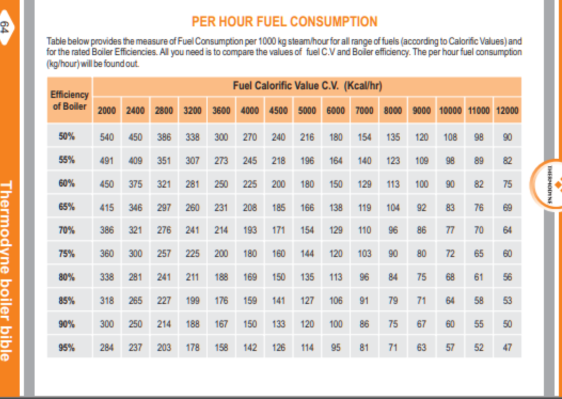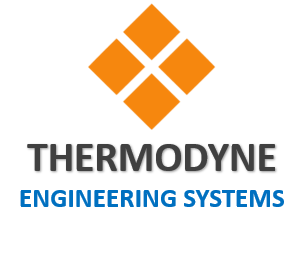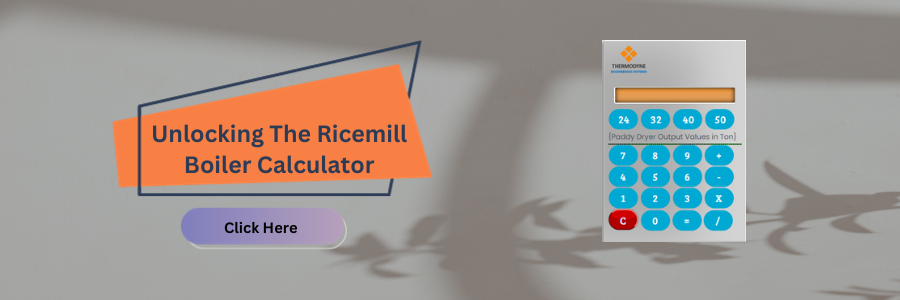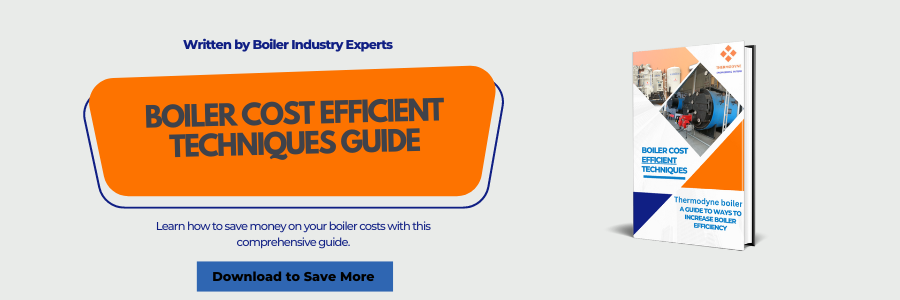Steam flow rate (kg/hour), pressure (kg/cm²), temperature (°C) are all vital parameters that every boiler owner should monitor. In addition, fuel consumption, air temperature and pressure, flue gas measurements, feedwater temperature and quantity, blowdown duration, soot blowing, water treatment, and various instrumentation are all essential for maintaining a well-functioning boiler system. Let’s delve deeper into why boiler log sheets are indispensable for any boiler owner and how they contribute to efficiency and safety.
Why are Boiler Log Sheets Important?
Boilers play a crucial role in many industrial processes, ranging from power generation to manufacturing. They produce steam, which is used for heating, powering turbines, or other applications. To ensure their smooth operation, it’s essential to maintain and monitor various parameters regularly. Boiler log sheets serve as a comprehensive record of these parameters, allowing owners to identify any deviations, abnormalities, or inefficiencies promptly.
Steam Parameters
Steam is the primary output of a boiler system. Monitoring steam parameters helps ensure the optimal performance of the boiler. The log sheet should include the following details:
Table of Contents
Flow Rate (kg/hour)
The flow rate of steam indicates the amount of steam being produced per hour. It is a critical parameter for assessing the boiler’s capacity and efficiency
Pressure (kg/cm²)
Steam pressure is another vital parameter that needs constant monitoring. Maintaining the correct pressure level is crucial for efficient operation and preventing any damage or safety risks.
Temperature (°C)
Steam temperature directly affects the efficiency and performance of the system. Monitoring the temperature helps identify any variations that may impact the overall operation.
Fuel Consumption
Boilers can utilise different fuel sources such as oil, coal, wood, biomass or gas. Monitoring fuel consumption is crucial for managing costs, optimising efficiency, and detecting any fuel-related issues. The log sheet should include specific parameters for each fuel type.
Fuel – Oil
For oil-based boilers, track the flow rate (litres/hr), temperature (°C), and oil pressure to the burner (kg/cm²). These parameters help ensure the proper combustion of oil and prevent any malfunctions.
Fuel – Coal/Biomass/Wood
If the boiler utilises any such solid fuel, monitoring the quantity consumed is vital. This information aids in fuel management and maintaining a consistent heat output.
Air Parameters
Air plays a crucial role in the combustion process within the boiler. Monitoring air-related parameters helps optimise combustion efficiency and ensure safe operation.
Ambient Temperature (°C)
The ambient temperature affects the density and oxygen content of the air. Keeping track of the ambient temperature helps maintain consistent combustion conditions.
Temperature at Air Preheater Outlet (°C)
Monitoring the air temperature at the outlet of the air preheater helps assess its efficiency and identify any potential issues that may affect the combustion process
Air Preheater Outlet Temperature (°C)
Monitoring the temperature at the air preheater’s outlet helps evaluate its performance and identify any potential issues that may impact heat transfer.
Economizer Inlet Temperature (°C)
The temperature at the economizer’s inlet indicates the heat recovery efficiency. Monitoring this parameter helps optimise the boiler’s overall performance
Economizer Outlet Temperature (°C)
The temperature at the economizer’s outlet reflects the heat recovered from the flue gases. Tracking this parameter aids in assessing the economizer’s efficiency.

CO Content (%)
Monitoring the CO content in the flue gas at various points provides valuable information about the combustion process and the efficiency of the system.
Stack Appearance (Description/Remarks)
The appearance of the smoke at stack outlet and any associated remarks provide additional insights into the combustion process and potential issues with the system.
Water Treatment
Water treatment is essential to prevent scale formation, corrosion, and fouling within the boiler. Monitoring water treatment parameters is crucial for maintaining water quality and protecting the boiler system.
TDS Content (ppm)
Total Dissolved Solids (TDS) content indicates the level of impurities in the water. Monitoring TDS helps assess the effectiveness of the water treatment process.
Hardness (ppm)
Water hardness is a measure of the mineral content in the water. Monitoring hardness levels helps prevent scaling and related issues.
pH
Maintaining the correct pH level is crucial for preventing corrosion and ensuring the longevity of the boiler system. Regular monitoring helps detect any deviations.
Alkalinity (ppm)
Alkalinity levels in water affect the system’s pH and buffering capacity. Monitoring alkalinity ensures the proper functioning of the water treatment process.
Boiler Water
Recording additional parameters specific to boiler water, such as TDS content just before blowdown, hardness, phosphates, and sulphates, provides comprehensive information for water treatment assessment.
Minimum Instrumentation Required in the Boiler House
The minimum instrumentation required in the boiler house ensures accurate measurement and monitoring of essential parameters. The log sheet should include:
Steam flow and integrating meter
Steam pressure gauges on the steam line
Thermometer on the steam line
Oil flow and integrating meter
Thermometer on the oil line (before and after the heater)
Pressure gauge on the oil line (just before the burner)
Weighing machine for coal
Room thermometer
Thermometers (before and after the air preheater) for air and flue gas temperature
Thermometers for water (inlet and outlet of economizer)
CO meter (Orsat or Fyrite type)
Thermometers to measure water temperatures at the inlet to feed pump
Stopwatch
Complete set of laboratory equipment in the laboratory to test water samples
Ensuring the availability and proper functioning of these instruments contributes to accurate data collection and efficient boiler operation. For more informationation download boiler bible




